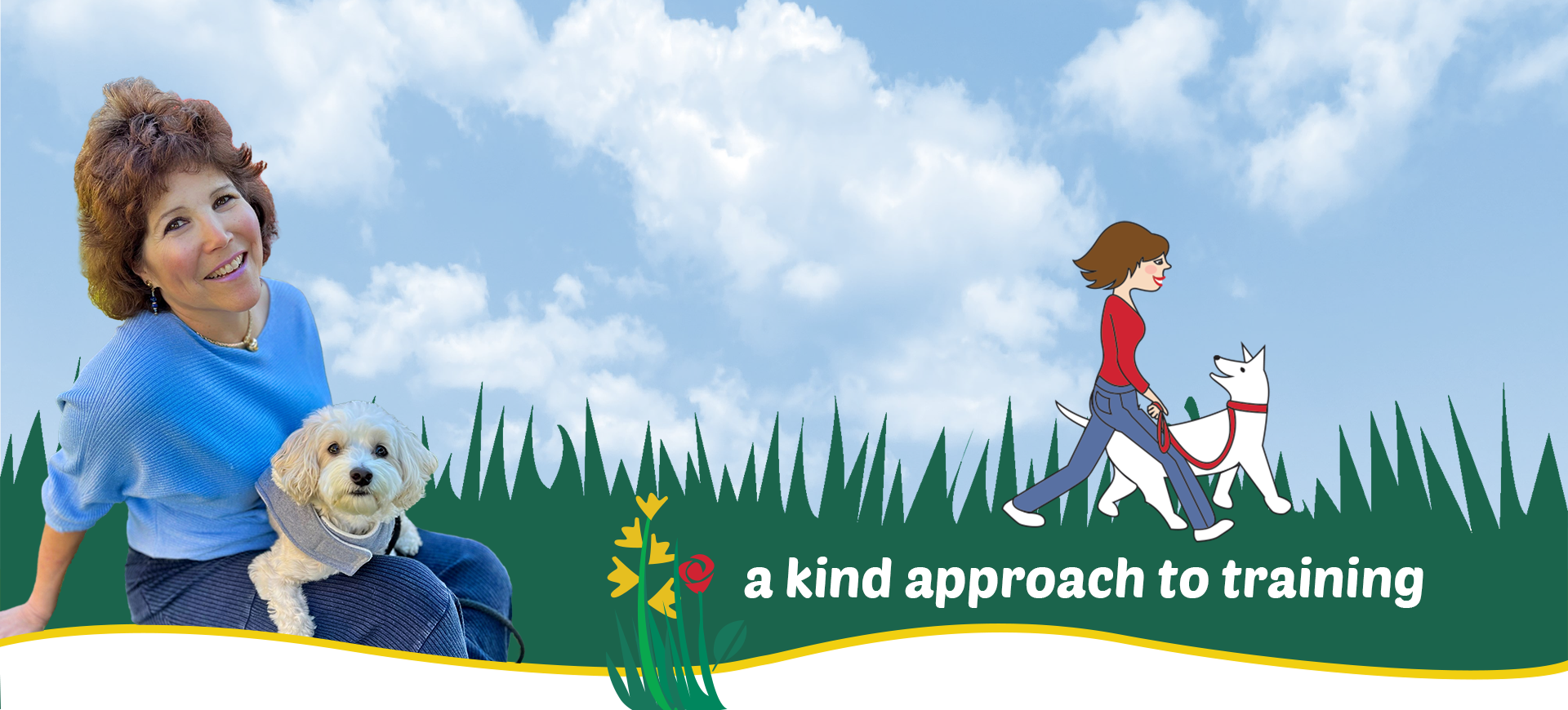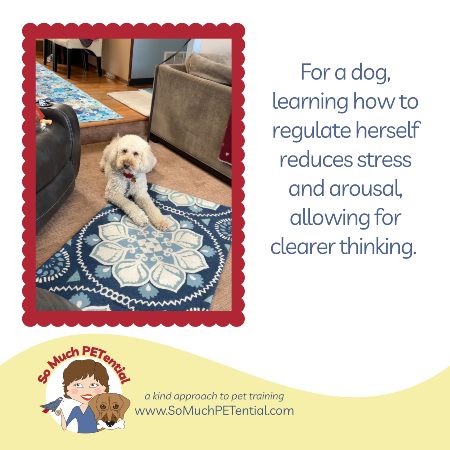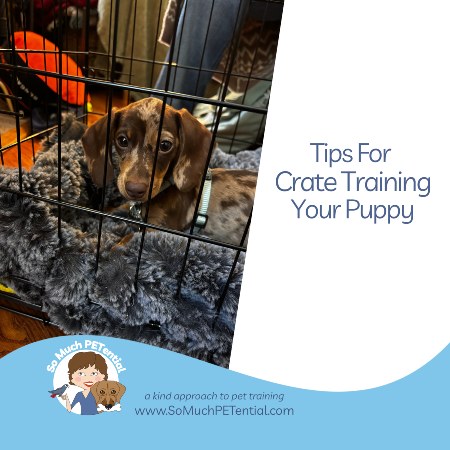I was asked this question by Karie, and I thought I’d write a post to answer her so that she and others can learn from it.
Karie’s question:
I have a 22 week old Great Pyrenees, had him since he was 4 weeks old. When we pet him, at any time, he tries to put our arm in his giant mouth. He never bites down. I am getting conflicting answers on  what this is. One person says playing and affection and another says he is trying to show he is dominant. He does that, A LOT in other ways, which we are trying to break him of. What is your POV on this? Thanks!!!
what this is. One person says playing and affection and another says he is trying to show he is dominant. He does that, A LOT in other ways, which we are trying to break him of. What is your POV on this? Thanks!!!
My answer:
Hi Karie,
Thank you for your question. Firstly, I want to say, if your puppy is mouthing you without putting force into it, he is showing great bite inhibition skills. Bite inhibition refers to an animal learning to moderate the strength of its bite, a very important factor in the socialization of pets, and particularly with working breeds like your Great Pyrenees. Congratulations in teaching that skill.
Remember, puppies were not born knowing the rules of humans and they rely on us as their caregivers to teach them the behaviors that are acceptable to us. Their success is a measurement of our ability to teach them with clear, honest, two-way communication.
Behavior for all animals is simply a tool to produce consequences. Either the behavior moves an animal toward something positive or the behavior gives distance to something negative. If a behavior is continuing and even strengthening, then it is being reinforced by something in its environment. This type of learning is referred to as operant learning, as the consequences of the behavior determine the future rate of the behavior. The key to modifying behavior in the most positive and least intrusive way is to first understand what consequence to the behavior is serving to reinforce it and what is happening in the environment immediately before the behavior that is serving to set the behavior in motion (this setting event is called an antecedent).
While Great Pyrenees were bred as working dogs to guard sheep and goats and thus we know have instinctual behavior tendencies, operant learning is occurring with our pets every moment of every day that they are alive.
Your question is a fairly common one. Wouldn’t it be wonderful if we could get into our pet’s minds and really know what they are thinking?
Labels, however, really do not help us to problem solve in the most positive/least intrusive way. My first teacher of Applied Behavior Analysis, Dr. Susan Friedman, taught me that some of the reasons why include: labels are really just concepts that cannot be tested, they may give us an unclear understanding of the problem, they tend to foster self-fulfilling prophecies (you get what you expect), and they tend to end our search for an actual cause – which is what we CAN do something about. (For more on labeling, please see this blog post.
So, back to your issue about your puppy mouthing you. Since we know that all behavior occurs to produce a consequence, we know that, if your puppy is continuing to mouth you, then that behavior is being reinforced by you. To solve problem behaviors in the most positive, least intrusive way, I like to use a three-pronged approach that I describe here.
I have tips on teaching bite inhibition in my blog. Please click here to read that post.
For additional help setting your puppy and yourself up for success including teaching wanted behaviors while working to prevent unwanted behaviors, I recommend seeking the help of a trainer who uses positive reinforcement strategies.






